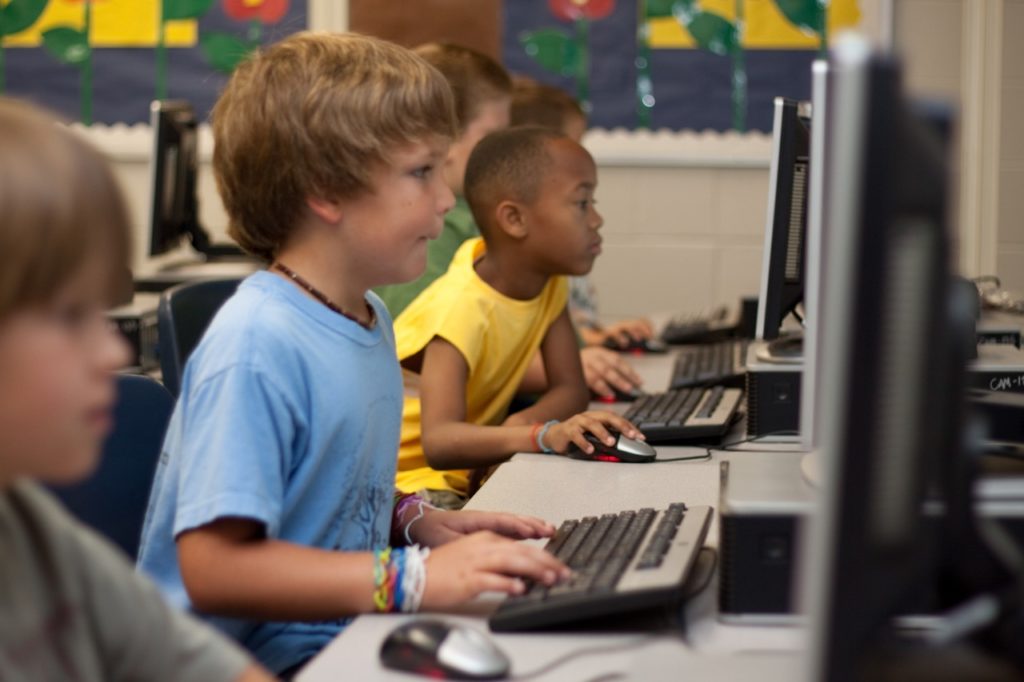A virtual meeting will take place today (Monday) led by the minister of education for the French Community Caroline Désir (PS), and bringing together teaching unions, school authorities and parents.
On the agenda: What to do with schools and schoolchildren now that the Easter holiday is over, and there are still ten weeks left before the start of the summer vacation.
If something is not done to kick-start the education system, by the time schools resume in September it will have been almost six months since children saw the inside of a classroom.
Most children, that is: there are also some who have been attending school while their parents were obliged to work, in the essential services and elsewhere – and indeed in the schools themselves.
One decision has already been taken on the French Community side: examinations, including those leading to a certificate, are cancelled. Instead, pupils will be evaluated on their work throughout the course of the year gone by, with the possible addition of a test based on recent material.
The confinement is in place until May 3, and it will be up to the National Security Council to decide what happens after that, including whether a return to school is possible, and on what sort of timetable.
It seems likely the return will only be partial, if only to respect the rules on social distancing. But part-time classes would be an issue for parents. Priority might be given to older pupils about to enter higher education in September, to allow them to come up to speed before leaving school in July.
According to Professor Marc Van Ranst, speaking at the weekend, the group set up to prepare for the end to confinement, known as GEES, is at this moment considering advice from paediatricians, which counsels that certain vulnerable groups of children should not be allowed to return to school in the first instance.
These include children on immunosuppressant medication, used in the treatment of cancer and auto-immune conditions. It would simply be too dangerous to expose such children to a mass of fellow pupils who may in some cases be infected without knowing it.
"The decision has not yet been taken,” Prof Van Ranst said. “There are a number of options on the table and mathematical models are being used to determine what the consequences could be for the epidemic."
Meanwhile in the Flemish Community, there is already a system in place.
Teachers and pupils will start today to work on what is being called “pre-teaching” – online lessons designed to maintain children at the level they would be at if they were attending school. Children will work from home if they have the materials. However some do not, and a plan to provide children with laptops on loan has so far failed to deliver in the numbers required.
In the meantime, education minister Ben Weyts is preparing plans for a re-opening of schools, including provisions such as smaller classes, separate recess periods, shorter exam times. And one issue – extending the school year into July – which has already aroused the wrath of the teaching profession.
Alan Hope
The Brussels Times

